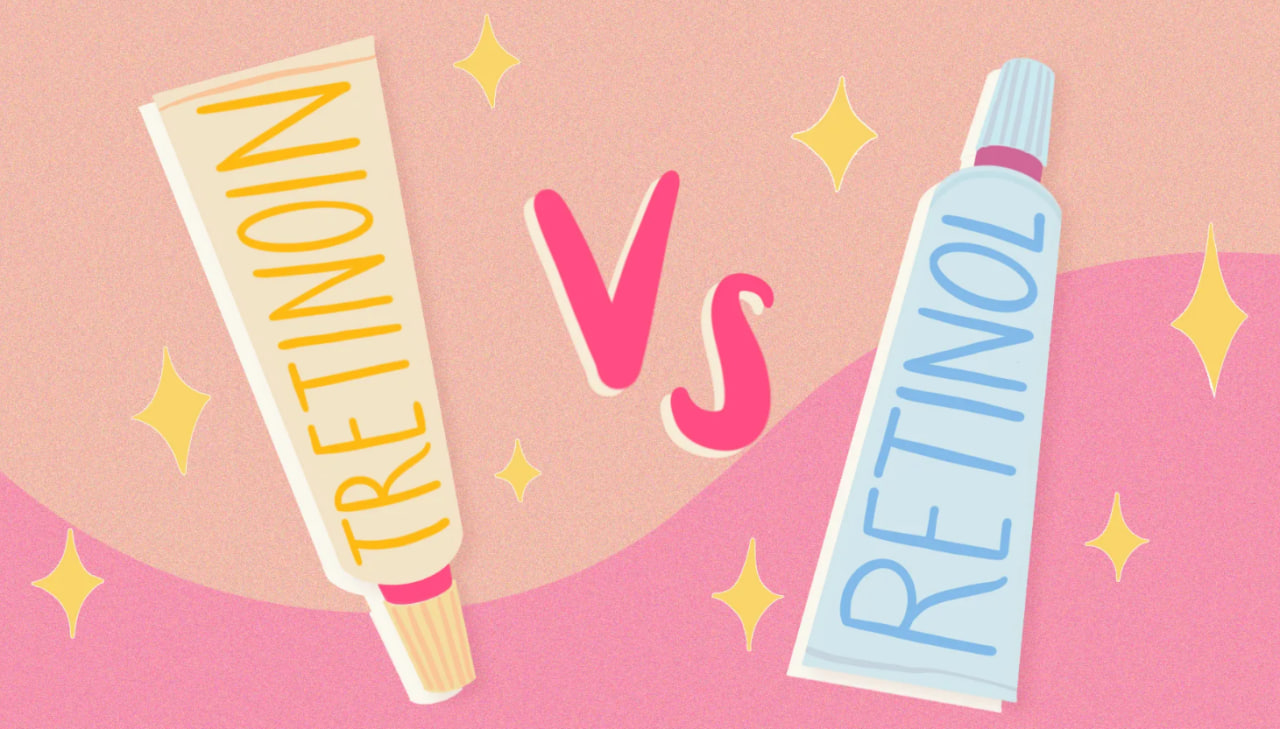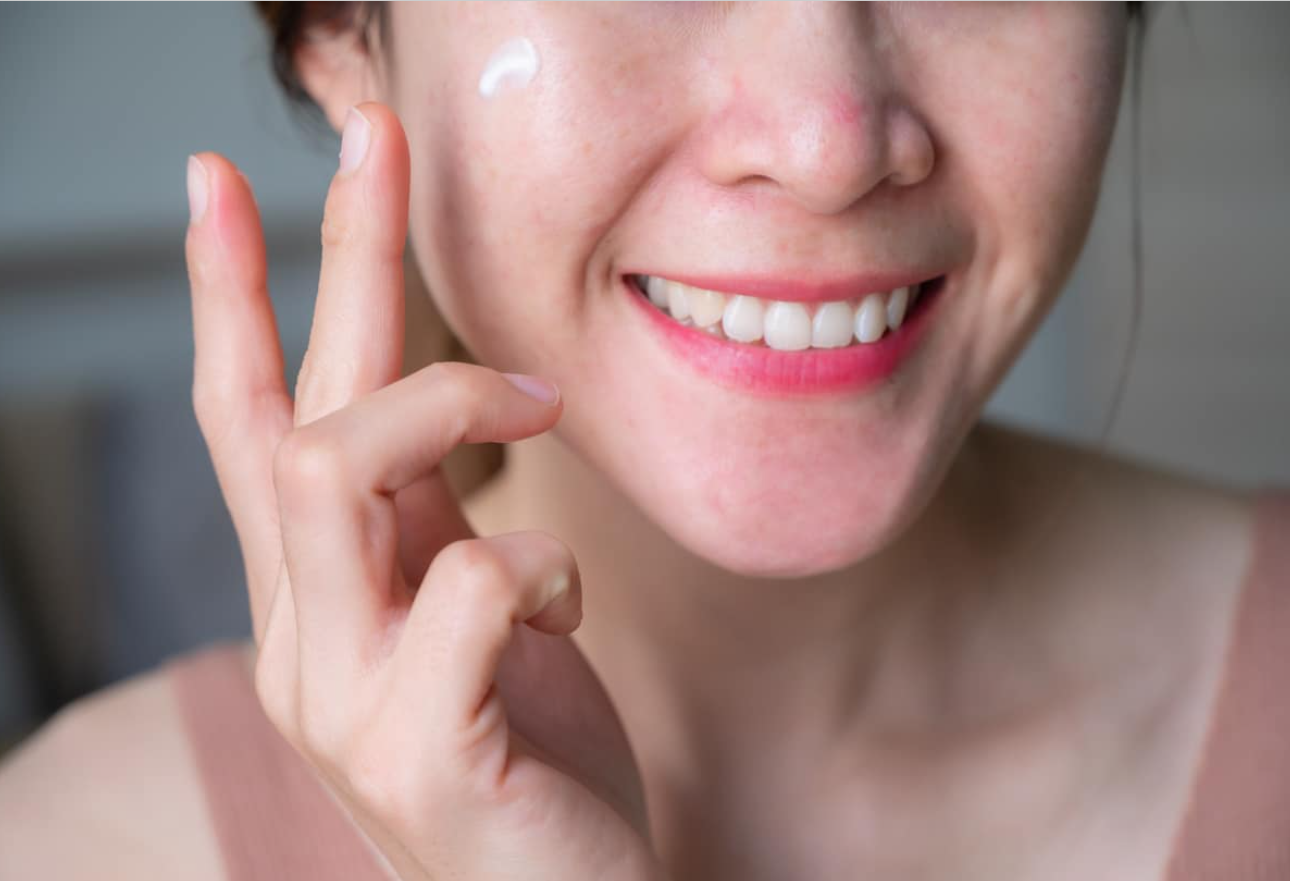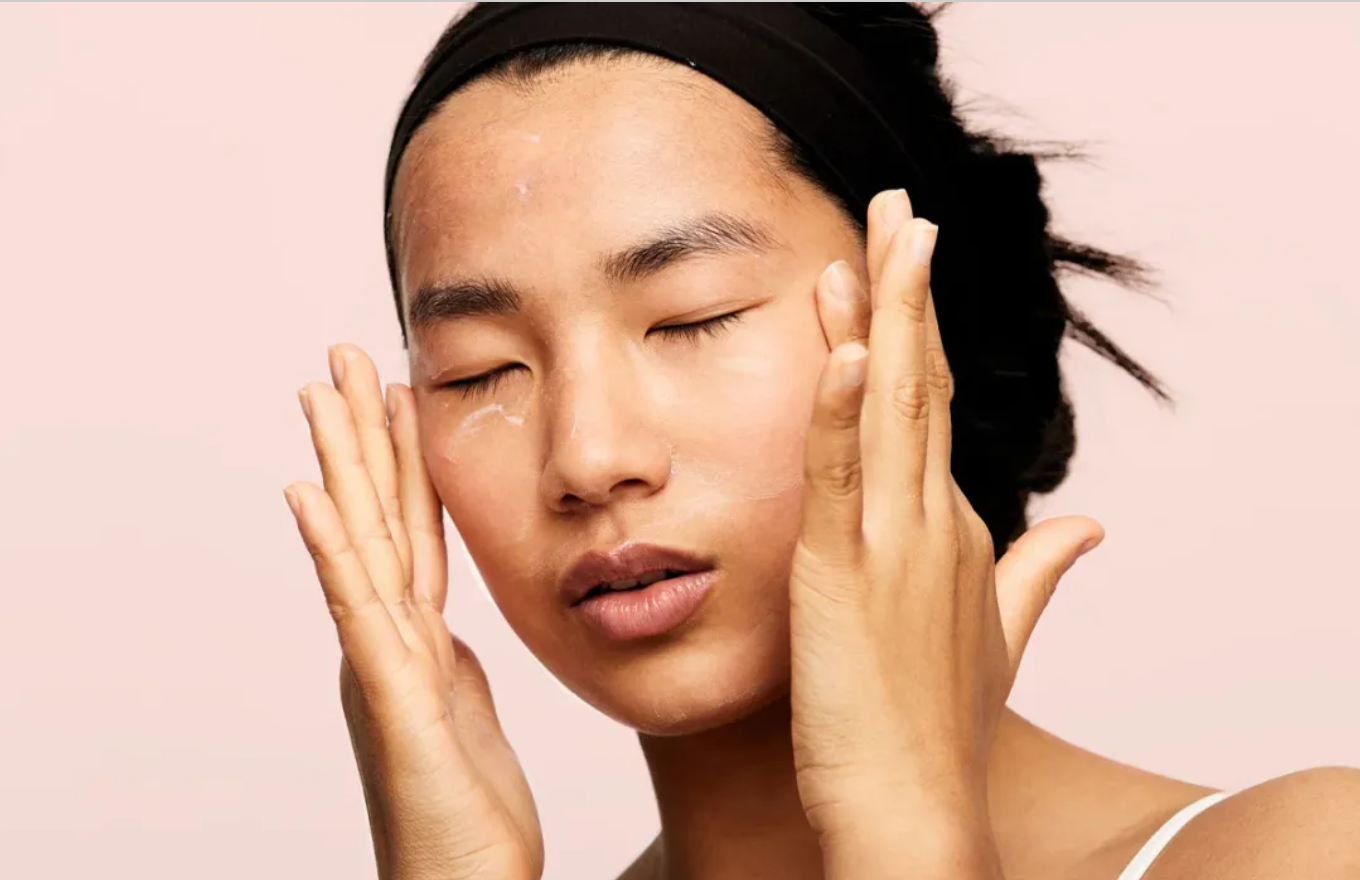When it comes to skincare, choosing the right product for your needs can be overwhelming. Tretinoin and retinol are two popular ingredients in anti-aging and acne-fighting products. Tretinoin, a prescription-strength retinoid, is known for its powerful anti-aging properties and ability to treat acne. It works by increasing cell turnover and promoting collagen production, resulting in smoother, firmer skin.
However, it can also cause irritation and dryness, especially when first starting treatment. On the other hand, retinol is a milder over-the-counter form of vitamin A that is often used in anti-aging products. While not as strong as tretinoin, retinol can still provide noticeable improvements in skin texture and tone. It is generally better tolerated by those with sensitive skin. Ultimately, the choice between tretinoin and retinol will depend on your specific skincare concerns and tolerance for potential side effects. Consulting with a dermatologist can help you determine which option is best suited for your needs.

Understanding Tretinoin: Benefits and Uses
Tretinoin is a synthetic form of Vitamin A that is commonly used in skincare products to treat a variety of skin conditions. This powerful ingredient is known for its ability to increase cell turnover, which helps to improve the appearance of fine lines, wrinkles, and acne. By promoting the growth of new skin cells, tretinoin can also help to fade dark spots and even out skin tone.
Additionally, tretinoin has been shown to stimulate collagen production, which can help to improve the elasticity and firmness of the skin. In addition to its anti-aging benefits, tretinoin is also used to treat acne by unclogging pores and preventing new breakouts. It is important to note that tretinoin can cause some initial skin irritation and sensitivity, but these side effects typically subside over time as the skin adjusts to the treatment. Overall, tretinoin is a versatile ingredient that can provide a wide range of benefits for the skin, making it a popular choice for those looking to improve their complexion.
Exploring Retinol: What It Offers for Your Skin
Retinol is a powerful ingredient that has been gaining popularity in the skincare world for its numerous benefits for the skin. Derived from vitamin A, retinol is known for its ability to stimulate cell turnover, improve skin texture, and reduce the appearance of fine lines and wrinkles. It is also effective in treating acne, hyperpigmentation, and uneven skin tone. Additionally, retinol can help to increase collagen production, which can help to firm and tighten the skin.
There are many different forms of retinol available, ranging from over-the-counter products to prescription-strength formulations. It is important to start slowly when incorporating retinol into your skincare routine, as it can be irritating to some skin types. It is recommended to begin using retinol a few times a week and gradually increase frequency as your skin becomes accustomed to it. Overall, retinol is a versatile ingredient that offers a wide range of benefits for the skin, making it a valuable addition to any skincare regimen.

Comparing Effectiveness: Tretinoin vs Retinol
When it comes to skincare, one of the most popular debates is whether tretinoin or retinol is more effective. Tretinoin, a prescription-strength retinoid derived from vitamin A, is known for its ability to treat acne, unclog pores, and reduce the appearance of fine lines and wrinkles. On the other hand, retinol is a milder form of vitamin A that is available over-the-counter and is also used to improve skin texture and tone. While both tretinoin and retinol can deliver similar results, tretinoin is generally considered to be more potent and effective. Tretinoin works by increasing cell turnover and stimulating collagen production, resulting in smoother, firmer skin.
However, tretinoin can also cause more irritation and dryness compared to retinol, which may be better tolerated by those with sensitive skin. Ultimately, the choice between tretinoin and retinol depends on individual skin concerns and preferences. Some people may opt for tretinoin for faster results, while others may prefer the gentler approach of retinol. It is important to consult with a dermatologist to determine the best option for your skin type and goals. In the end, both tretinoin and retinol can be effective tools in achieving healthier, more youthful-looking skin.
Potential Side Effects and Safety Considerations
When considering any medication or treatment, it is important to be aware of the potential side effects and safety considerations. While many medications can be effective in treating various conditions, they may also come with a range of side effects that can impact an individual’s health and well-being. It is essential to carefully weigh the benefits of a medication against the potential risks before deciding to proceed with treatment. Additionally, it is crucial to follow the recommended dosage and administration instructions provided by healthcare professionals to minimize the risk of adverse effects. It is also important to be aware of any interactions a medication may have with other medications or substances, as this can affect its safety and effectiveness.
In addition to considering the potential side effects of a medication, it is also important to be mindful of safety considerations. This includes ensuring that the medication is obtained from a reputable source and that it has been properly tested and approved for use. It is also important to be aware of any potential risks associated with the medication, such as the potential for addiction or overdose. It is important to communicate openly and honestly with healthcare providers about any concerns or questions regarding a medication’s safety and potential side effects. By being informed and proactive, individuals can make more informed decisions about their healthcare and minimize the risk of experiencing negative consequences from medication use. Overall, it is important to approach medication use with caution and to prioritize safety and well-being when considering treatment options.

Choosing the Right Option for Your Skin Type
Choosing the right option for your skin type is crucial in maintaining healthy and radiant skin. With the plethora of skincare products available on the market, it can be overwhelming to determine which one is best suited for your specific skin needs. It is important to first identify your skin type – whether it is oily, dry, combination, sensitive, or normal. Once you have determined your skin type, you can then narrow down your options to products that are formulated to address your specific concerns.
For example, if you have oily skin, you may want to look for products that are oil-free and non-comedogenic to prevent clogged pores and breakouts. On the other hand, if you have dry skin, you may want to opt for products that are hydrating and moisturizing to combat dryness and flakiness. Additionally, if you have sensitive skin, it is important to choose products that are gentle and free of harsh ingredients that can cause irritation or allergic reactions. Consulting with a dermatologist or skincare professional can also help you make informed decisions about which products are best for your skin type. Ultimately, choosing the right option for your skin type will help you achieve optimal results and maintain healthy, glowing skin.
